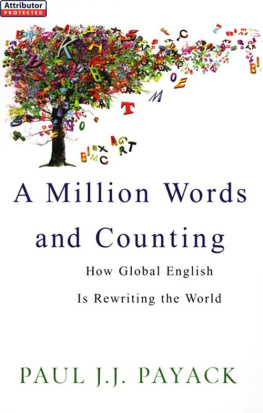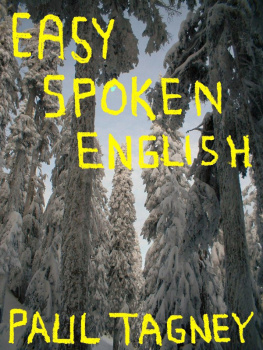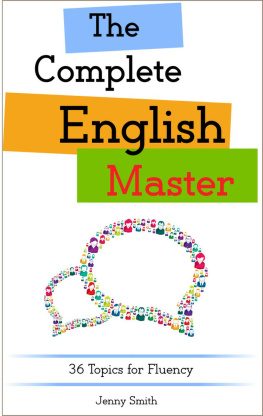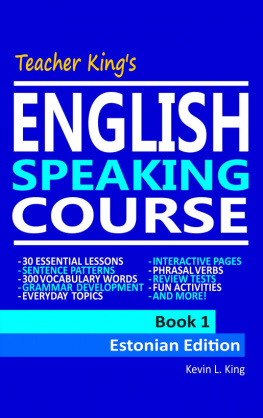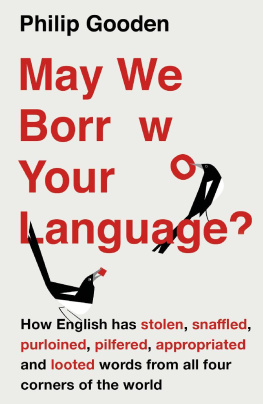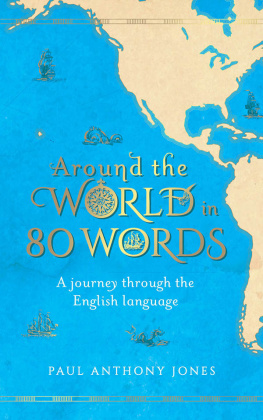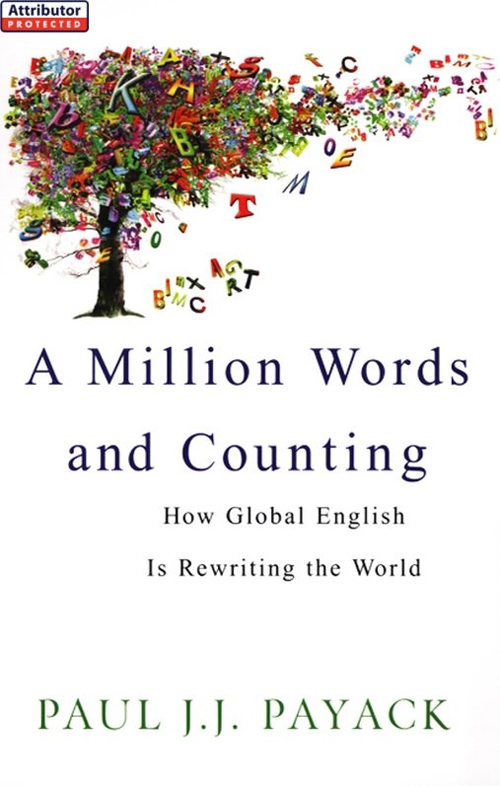Paul J.J. Payack - A Million Words and Counting: How Global English Is Rewriting The World
Here you can read online Paul J.J. Payack - A Million Words and Counting: How Global English Is Rewriting The World full text of the book (entire story) in english for free. Download pdf and epub, get meaning, cover and reviews about this ebook. year: 2012, publisher: Citadel Press, genre: Home and family. Description of the work, (preface) as well as reviews are available. Best literature library LitArk.com created for fans of good reading and offers a wide selection of genres:
Romance novel
Science fiction
Adventure
Detective
Science
History
Home and family
Prose
Art
Politics
Computer
Non-fiction
Religion
Business
Children
Humor
Choose a favorite category and find really read worthwhile books. Enjoy immersion in the world of imagination, feel the emotions of the characters or learn something new for yourself, make an fascinating discovery.
- Book:A Million Words and Counting: How Global English Is Rewriting The World
- Author:
- Publisher:Citadel Press
- Genre:
- Year:2012
- Rating:3 / 5
- Favourites:Add to favourites
- Your mark:
A Million Words and Counting: How Global English Is Rewriting The World: summary, description and annotation
We offer to read an annotation, description, summary or preface (depends on what the author of the book "A Million Words and Counting: How Global English Is Rewriting The World" wrote himself). If you haven't found the necessary information about the book — write in the comments, we will try to find it.
In 2007, the English language passed the million-word mark. That shouldnt come as a surprise since over a billion Earthlings speak English (no one knows about other planets, but they probably speak it, too). That makes for a lot of word-coiners (neologists) out there. And where are all these new words coming from? Hollywood? Technology? The Internet? Corporate boardrooms? Youthspeak? How do world eventsfrom tsunamis and hurricanes to political doublespeak and presidential linguistic bumblinginfluence the words we use on a daily basis? What do e-mails, text messages, and emoticons contribute to the language?
Let WordMan Paul J.J. Payack take you on a global tour of English-speaking worldsvirtual and otherwise:
- From film, television, fashion, music, politics, sports, games, business, technology and science
- From TV junkies, fashionistas and sports fans, to amateur historians and linguists
- And from every other source that contributes to the global tapestry of English
Get ready for a whirlwind tour of our increasingly global culture and how it becomes that way.
A Million Words? Fundoo!
Podcast, Chinglish, truthiness, crunk. Just a year or two ago, these words were gibberish to most English speakers. Today they pop up in everyday conversation worldwide, just four of the ten thousand new words added to the English language every year. Spurred by the universality of the Internetwhere it is the de facto lingua francaand the global reach of its media, English is growing at a rate unprecedented in its 1500-year history. Indeed, in the spring of 2007, the English word count surpassed a millionover ten times the number available in French.
At the crest of this linguistic tsunami surfs Paul J.J. Payack, aka the WordMan. As president of the Global Language Monitor, he has tracked the latest developmentsthe fascinating hybrids, the bizarre etymologies, the lasting malapropismsin the language shared by two billion of the Earths citizens. Aided by a worldwide network of similarly obsessed language mavens and armed with his own powerful word-counting algorithm, Payack ensures that no new English word falls from the tongue or marks the page without being counted toward the Million Word March.
A Million Words and Counting is a celebration of the vast variety and ever-evolving expressiveness of humanitys most universal language. Fun and informative, this guide is a joyful exploration of English as it spreads across the globe, as it is spoken today, and as it expands into the future. Each entertaining chapter of this ambitious linguistic survey examines another source of new English, including Hollywood, youth culture, other languages, corporate boardrooms, and tongue-tied presidents. An engaging compendium of English-language facts and factoids, this is a trivia lovers goldmine and a logophiles playground.
Paul J.J. Payack: author's other books
Who wrote A Million Words and Counting: How Global English Is Rewriting The World? Find out the surname, the name of the author of the book and a list of all author's works by series.

